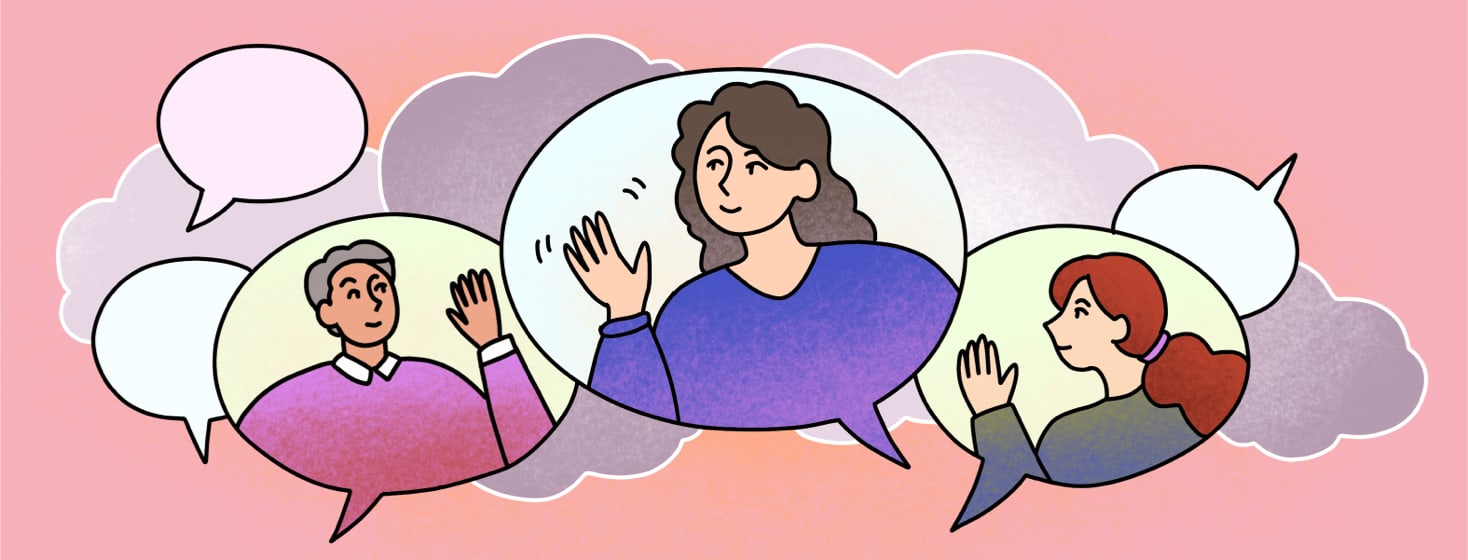Tips for Interacting with Someone Living with Alzheimer's Disease
As a person living with Alzheimer's, I am often asked to share my personal experiences with living with this disease. I enjoy talking with others, and I hope that by sharing my insights, I can help break down the stigma of living with dementia. But then, that stigma hits me square in the face.
Questions that lead to unexpected answers
Often, my speeches are arranged by the Alzheimer's Association or another organization, so when I arrive at the speaking engagement, the group already knows I am there to speak about Alzheimer's. Most groups are service organizations or faith-based groups that host a variety of speakers throughout the year.
I have many "canned" speeches that I use depending on the group. When I feel up to it, I will go "off script" with a silly anecdote. The best part of my presentations, to me, is the question-and-answer period and the time afterward when people feel free to come up and talk to me about their experiences with Alzheimer's.
Challenging misconceptions about what Alzheimer's looks like
This is when I find out how far we still have to go in fighting the stigma. Almost always, the first comment I get is, "You don't look like someone who has Alzheimer's." My first thought is usually, "What am I supposed to look like?" Of course, that is not my actual response...
I realize they still have the preconceived notion that I should be in an assisted living facility or memory care unit, not standing in front of them having a conversation. I know they mean well. However, I cannot imagine them saying to someone who has heart disease, "You don't look like someone who has heart disease." My response to them becomes an explanation of how everyone with dementia is different, and that there isn't a certain way we should act or behave when interacting with Alzheimer's.
Interacting with someone who has Alzheimer’s
One question I also frequently get is, "How are we supposed to interact with you?" This is always a tricky one to answer because I don't want to offend anyone. I want to scream, "Just like a normal human being!" but I knowI am not considered “normal” to them.
I want to be treated like a human being worthy of connection, not simply someone to be cared for. I want to be treated with respect, just like anyone else. The preconceived notion that I am less of a human being because I have Alzheimer's is very hurtful. Do people think someone who has cancer is less of a human being?
Just like a normal human being
It is hard to live with this disease. It is hard to explain what you are experiencing, and even harder to have to defend it to others. Accepting your limitations while still trying to maintain a worthwhile lifestyle is hard for anyone.
It is doubly hard when others cast their preconceived limitations upon you. Let us be who we are—not who you want us to be. We may not be the same person you remember, but we are still a person worthy of your love and respect as you are interacting with Alzheimer's.

Join the conversation